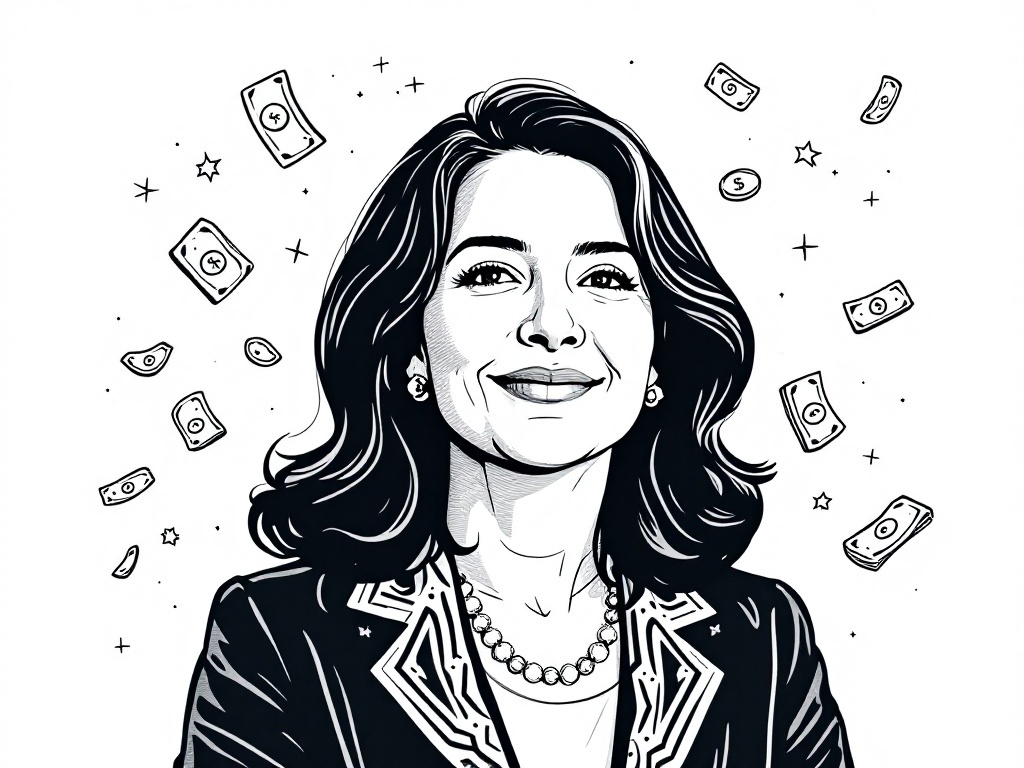Former Fed Governor Adriana Kugler's Resignation Sparks Debate

Washington, D.C., Saturday, 6 September 2025.
Adriana Kugler’s abrupt resignation from the Federal Reserve Board raises questions about the Fed’s independence and future monetary policy, amid political tensions and upcoming appointments.
The Context of Kugler’s Resignation
Adriana Kugler’s resignation from the Federal Reserve Board on August 1, 2025, caught many by surprise, occurring two days before a crucial Fed meeting and just months before her term was set to expire in January 2026 [1]. Her decision to leave her position has intensified discussions about the Federal Reserve’s independence, a topic already under scrutiny due to President Donald Trump’s ongoing pressure on the Fed to reduce interest rates [2].
Political Implications and Reactions
President Trump has been critical of Fed Chair Jerome Powell for not lowering interest rates swiftly enough, and Kugler’s resignation provides him an opportunity to nominate a successor who might align more closely with his policy preferences [3]. Trump has nominated Stephen Miran, his chief economic advisor, to fill the vacancy, which has raised concerns regarding the potential erosion of the Federal Reserve’s independence [4]. Miran has stated his commitment to the Fed’s independence, pledging to take an unpaid leave of absence from his current role if confirmed [5].
Potential Impact on Monetary Policy
The Federal Reserve is scheduled to meet on September 16-17, 2025, where a decision on interest rates is anticipated. The speculation is that a rate cut could occur, with a 90% market probability despite the prevailing high inflation [6]. The presence of a new Fed governor who might be perceived as more aligned with the White House could influence these crucial decisions, affecting market stability and investor confidence [7].
The Broader Context of Federal Reserve Independence
The broader context of Kugler’s resignation highlights ongoing concerns about the Federal Reserve’s independence, particularly in the face of political pressures that are more pronounced in the U.S. compared to other regions like the eurozone [8]. Historical precedent has shown that an independent central bank is beneficial for maintaining price stability and fostering economic development [9]. As the Biden administration navigates these challenges, the implications for future monetary policy and economic health remain a topic of significant debate among economists and policymakers [10].